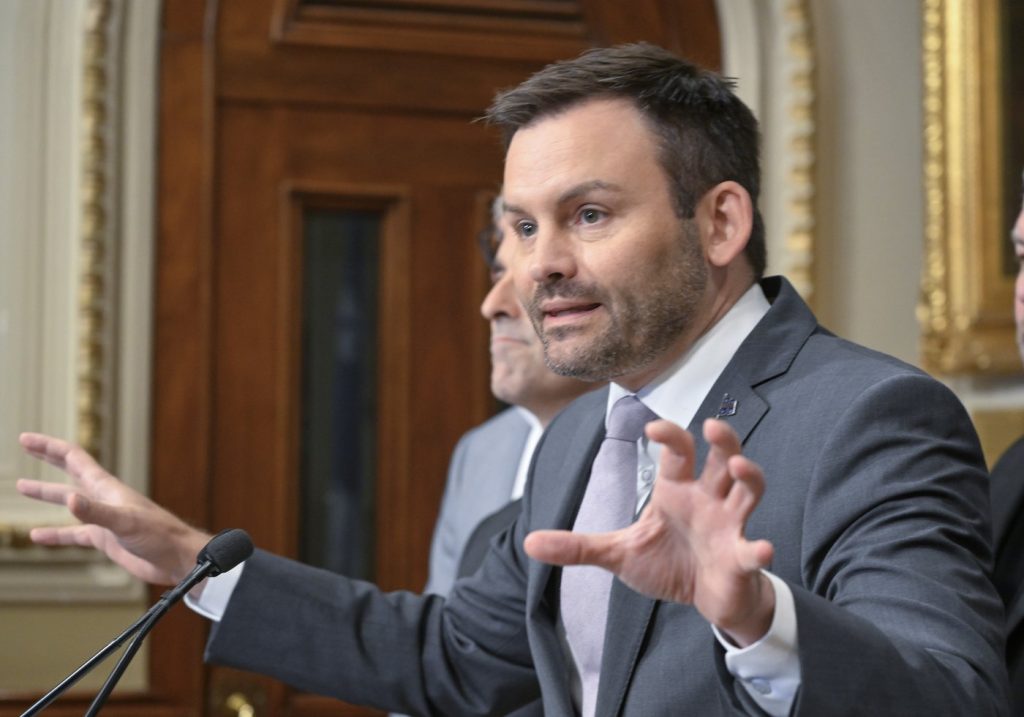SHERBROOKE - Parti Québécois Leader Paul St-Pierre Plamondon has put forth a bold vision for Quebec's future, proposing the establishment of a distinct currency in the event that Quebec achieves independence from Canada. This announcement was made during the PQ's national council meeting held in Sherbrooke, Quebec.
St-Pierre Plamondon articulated that the development of an independent Quebec would necessitate its own monetary policy and the establishment of a central bank dedicated to managing that currency. This proposal results from the PQ's ongoing consideration of various scenarios for Quebec's financial future post-independence, including the alternatives of retaining the Canadian dollar or adopting the American dollar as the currency. However, the creation of a Quebec-specific currency is positioned as the preferred choice to assert the province's sovereignty and economic autonomy.
This currency proposal is part of a larger strategic framework outlined in the PQ's "Blue Book," an initiative that the party is gradually unveiling. Last week, St-Pierre Plamondon shared insights into the chapter concerning the international relations of a sovereign Quebec. He underscored the party's intention to significantly enhance Quebec’s global presence by committing to open diplomatic offices in twice as many countries as it currently operates, expanding from 19 to 38 offices, all before a referendum on independence is conducted.
The idea of an independent currency resonates deeply within the context of Quebec's quest for sovereignty, reflecting a broader ambition to redefine the province's economic landscape and forge a new financial identity. By establishing its own currency, the PQ aims to increase financial independence, drive local economic growth, and bolster national pride among Quebecers.
The timeframe for these proposals is crucial, as the PQ positions itself ahead of potential referendum discussions, which are anticipated in the coming years. The emphasis on international relations and economic independence suggests that the party is keen on preparing Quebec for the complexities that would accompany independence, highlighting the importance of financial stability in such a transformative process.
As Quebec continues to navigate its political landscape, St-Pierre Plamondon's proposals are likely to ignite debates regarding the future of the province, its economic strategies, and its relationship with Canada and the world at large. The PQ's efforts to present a comprehensive vision for independence are aimed at galvanizing support among Quebecers who aspire for an autonomous and prosperous future.
This report underscores a pivotal moment in Quebec’s political discourse and reflects the Parti Québécois' commitment to addressing both the economic and international dimensions of sovereignty. The discussions surrounding currency and its implications for Quebec's independence are poised to take center stage in the province’s ongoing quest for self-determination.










